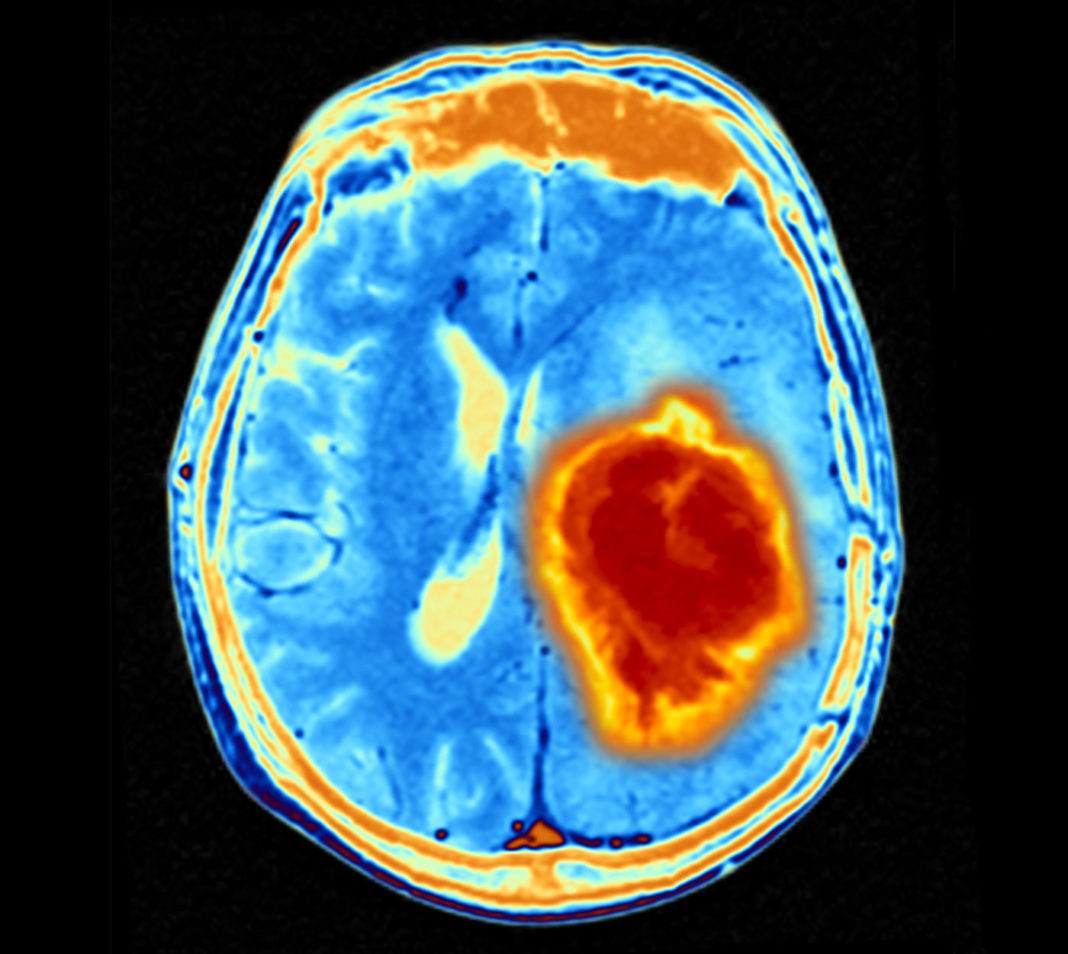Researchers at Cold Spring Harbor Laboratory (CSHL) say they have discovered that a protein known as BRD8 may represent a previously unknown vulnerability in the deadly brain cancer glioblastoma (GBM). The results of laboratory studies by Alea Mills, PhD, and colleagues demonstrated how BRD8 underpins a glioblastoma-specific epigenetic mechanism that acts to prevent the key tumor suppressor protein p53 from functioning normally. The researchers’ in vitro experiments and study in a glioblastoma mouse model suggested that targeting BRD8 could effectively unlock p53 activity, representing a therapeutic strategy that could lead to the development of new treatment options and better patient outcomes.
They reported on their findings in Nature, in a paper titled, “BRD8 maintains glioblastoma by epigenetic reprogramming of the p53 network,” in which they concluded, “This work identifies BRD8 as a selective epigenetic vulnerability for a malignancy for which treatment has not improved for decades.”
Patients with GBM have a median survival of 12–14 months and a 5-year survival of less than 5% because of the lack of effective treatments, the authors noted. “The aggressiveness of glioblastoma is notorious,” said Mills. “The norm is to do surgery, treat with harsh drugs, and just hope for the best.”
The CSHL team has now solved a decades-old mystery surrounding glioblastoma’s aggressiveness by linking the BRD8 protein to the tumor suppressor protein p53, which is encoded by the gene TP53. A staple in the body’s natural cancer defenses, p53 prevents cells from overgrowing and turning into tumors. Almost all cancers depend on p53 becoming mutated (TP53Mut) and thus disabled. However, in the majority of glioblastoma cases, the gene remains unmutated (TP53WT) and so the p53 protein is also normal. “ … p53 remains unmutated in the majority of cases of GBM—the most common and deadly adult brain malignancy,” the investigators wrote. As CSHL postdoctoral fellow Xueqin Sun, PhD, questioned, “So why does this cancer act like p53 is broken?” The authors acknowledged, “Thus, how p53-mediated tumor suppression is countered in TP53WT GBM is unknown.” It was this critical query that led Mills’ team to discover that BRD8 had effectively gone rogue in glioblastoma, crippling p53 in a way that hadn’t been previously known.
BRD8 works by shutting down access to genes in chromosomes. If a gene is wound up tightly, it cannot be used—it’s as if it were “asleep.” The study by Mills and her team, including experiments in patient-derived cell lines and in mouse models of glioblastoma, revealed that BRD8 was inappropriately active in glioblastoma, preventing many of p53’s critical anticancer defenses from getting to work. “Our findings demonstrated that BRD8 bypasses p53 tumor suppressive activity by enforcing a compact chromatin conformation to restrain the accessibility of p53 to its targets.” When the researchers inactivated BRD8 via genome editing, p53’s “arsenal” suddenly woke up and began blocking tumor growth.
“It’s like BRD8 is saying ‘NO ENTRY’ to p53’s tumor-preventing power, but when we hit BRD8 in the right way—go in there almost like a scalpel, but molecularly—the tumor is annihilated,” Mills explained. She and her team implanted tumor cells from glioblastoma patients into mice and watched the tumors grow in the brain. When BRD8 was inactivated, p53 was unlocked—the tumors stopped growing and the mice lived longer. “Here we identified BRD8 as an epigenetic vulnerability for TP53WT GBM, which to our knowledge has not been previously associated with this brain malignancy,” the authors stated. “… we demonstrated that BRD8 was essential for the growth of human TP53WT GBM in vivo and that BRD8 depletion significantly prolonged the survival of mice bearing TP53WT but not TP53Mut GBM.”



